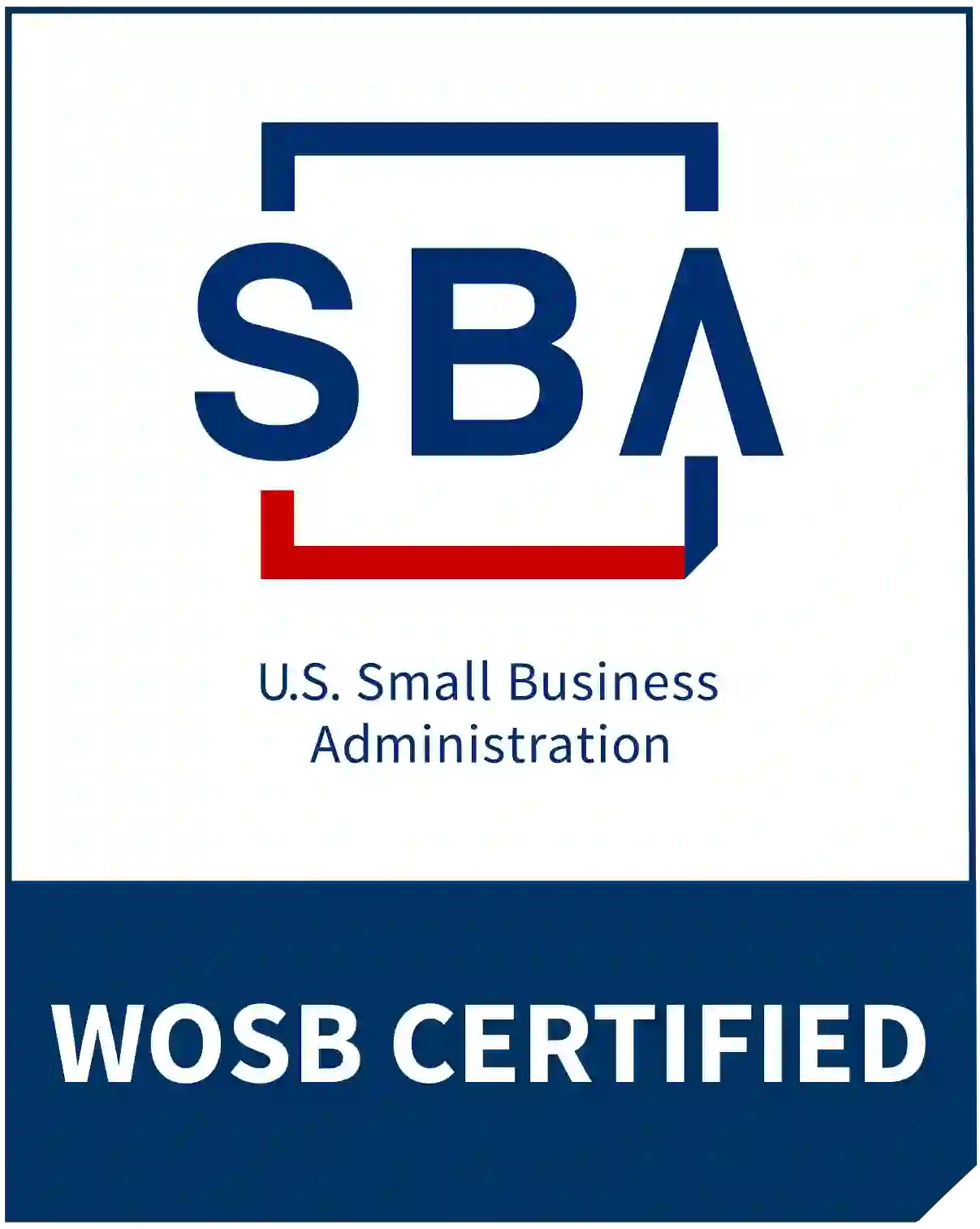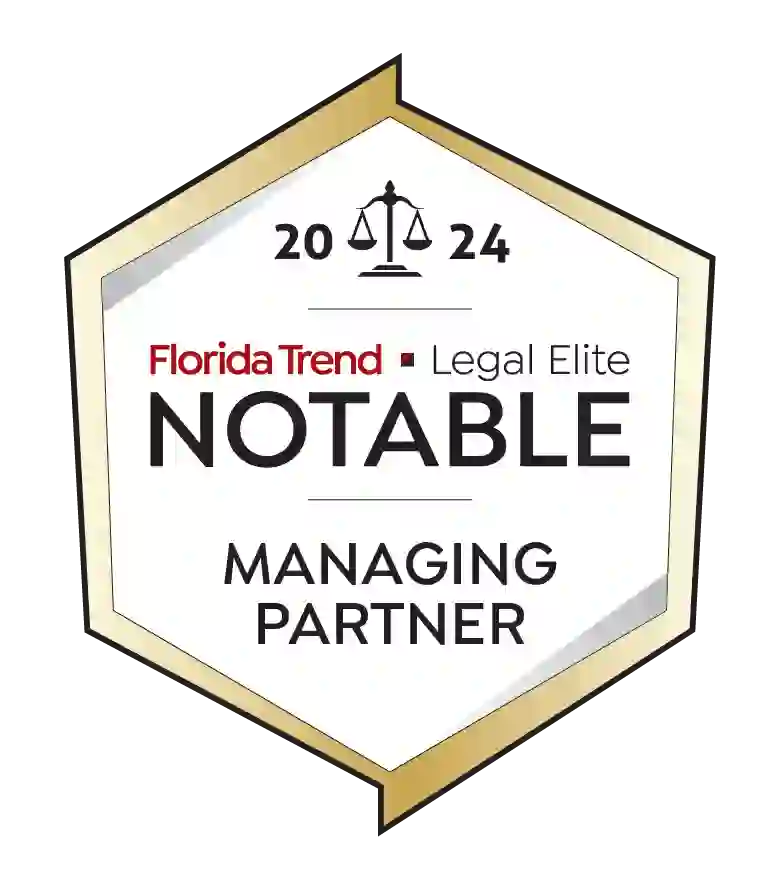Guardian advocates serve a specific role in assisting those with developmental disabilities to complete necessary tasks. Becoming a guardian advocate may be a good option when a loved one needs extra help making critical legal or financial decisions.
An experienced Coral Way guardianship advocacy lawyer understands the guardianship advocacy appointment process. Contact a guardianship attorney to learn how you can become an advocate for your loved one.
How Does Guardianship Advocacy Differ from Guardianship?
Guardian advocacy differs from guardianship in several ways. A guardian advocate may be appointed in Florida without the court finding incapacity. In contrast, the court must make a finding of incapacity when determining guardianship. However, both guardianship and guardianship advocacy may be voluntarily entered.
In a guardianship, the guardian has the power to make all personal and/or financial decisions for the ward. A guardian advocate’s role is limited to those tasks that the ward lacks the capacity to complete, including tasks related to the ward’s care, property, or estate.
When appropriate, courts are encouraged to consider a guardian advocate rather than a full guardianship. A Coral Way lawyer can explain in more depth the differences between guardianship and guardianship advocacy during an initial consultation.
When Is Guardianship Advocacy Appropriate?
Guardian advocacy in Coral Gables is appropriate when a person is developmentally disabled and cannot make some, but not all, decisions. Under Florida law, a person is considered to be “developmentally disabled” if they have:
- An IQ less than 70
- Cerebral Palsy
- Autism
- Spina Bifida
- Downs Syndrome
- Phelan-McDermid Syndrome
- Prader-Willi Syndrome (manifested before eighteen years old)
Additionally, these conditions must be considered a substantial handicap that is expected to continue indefinitely.
What Are a Guardian Advocate’s Responsibilities?
While a guardian advocate does not have the same scope of authority and decision-making as a guardian, they have similar powers, duties, and responsibilities. The guardian advocate must file a plan and annual reports, make provisions for the ward’s care, advocate on behalf of the ward, and make final decisions.
A guardian advocate has a fiduciary duty to the ward, meaning they must act with good faith and in the ward’s best interests. The guardian advocate should also only act within the scope of authority granted by the court.
Who Can Be a Guardian Advocate?
A Coral Way guardian advocate must usually be a Florida resident age eighteen or older, and of sound mind. However, a non-resident family member may also serve.
Ultimately, the court may appoint any person it deems fit, proper, and qualified. However, preference may be given to relatives by blood or marriage, someone with relevant skills or expertise, or someone who can meet the unique needs of the ward. Moreover, the court will consider any preferences expressed by the ward.
Finally, a person cannot serve as a guardian advocate if they have been convicted of a felony, committed certain other crimes, provided certain professional, business, or health services to the ward, or are creditors of the ward.
Contact a Coral Way Guardianship Advocacy Attorney Today
Becoming a guardian advocate can be a challenging process. A Coral Way guardianship advocacy attorney can provide valuable support throughout the process, helping those with developmental disabilities receive the assistance they need from a trusted individual. Lawyers can help file the necessary paperwork, represent the prospective guardian advocate before the court, and assist with filing annual plans and reports.
At The Florida Probate & Family Law Firm, our Coral Way guardianship advocacy lawyer is ready to help you begin the appointment process. We know how critical guardianship advocacy can be to helping your loved one. Contact us now to schedule a free case evaluation.





























